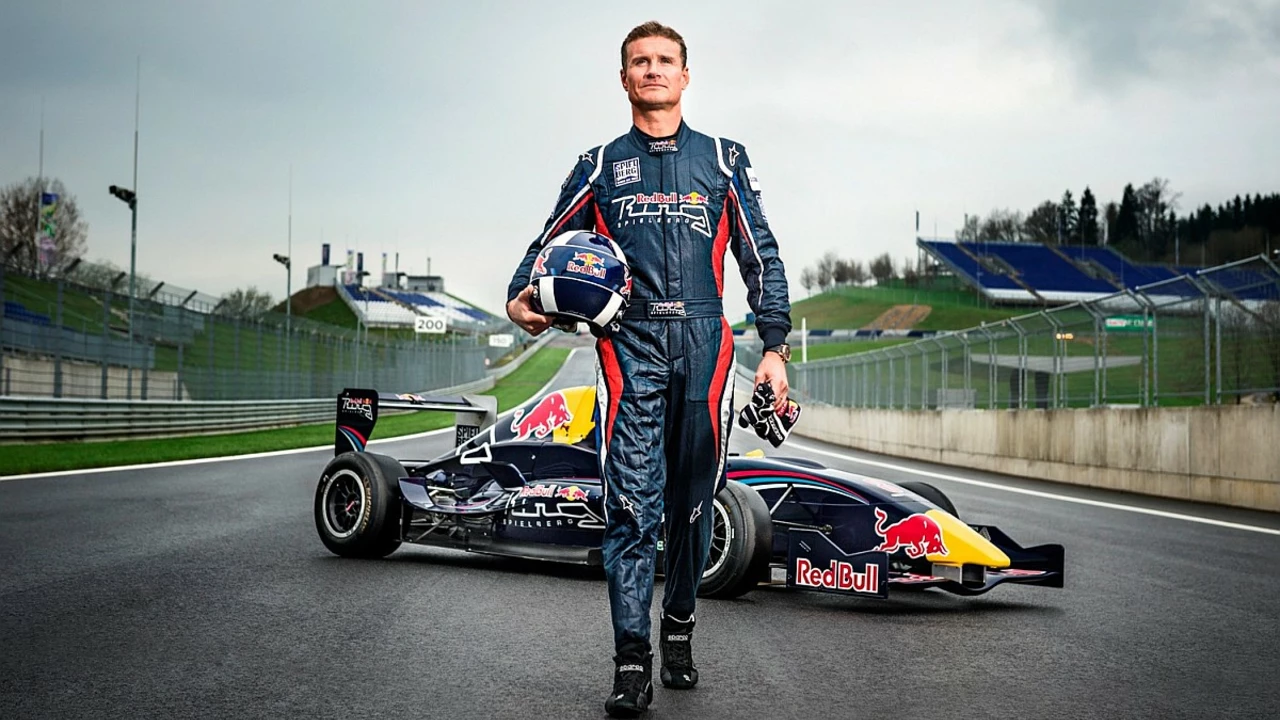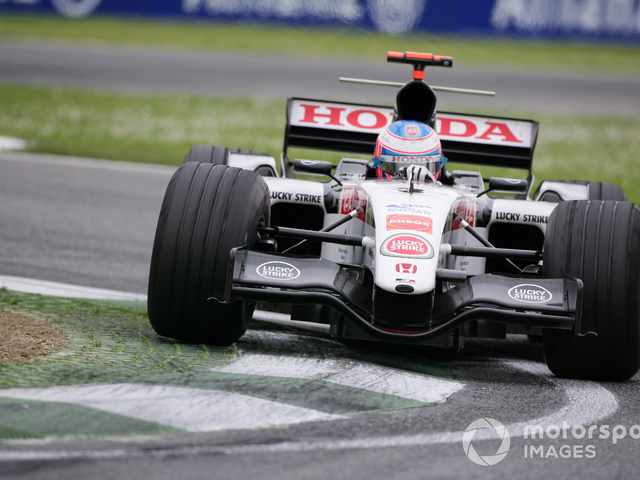Introduction: My Passion for Motorsports
My love for motorsports is something that I've held close to my heart for as long as I can remember. The sound of revving engines, the smell of burning rubber, the electrifying energy in the air - it's a passion that's hard to put into words. Many people enjoy watching motorsports, but the question that often arises is whether race car drivers are athletes. This may seem like an odd question to some, but it's one that deserves careful thought and discussion.
Understanding the Definition of an Athlete
Before diving into the debate, it's essential to understand what an athlete is. The dictionary defines an athlete as a person who is proficient in sports and other forms of physical exercise. They typically have superior physical skills and are competitive in nature. The definition doesn't limit athletes to a particular sport, so why should motorsports be any different?
The Physical Demands of Race Car Driving
Many people underestimate the physical demands that come with race car driving. It's not just about sitting in a car and driving fast. Drivers have to withstand high G-forces, often for hours on end. They need to have a strong core, a high level of cardiovascular fitness, and exceptional hand-eye coordination. In fact, the physical demands of race car driving are so great that many professional drivers follow intensive fitness routines to keep their bodies in peak condition.
Mental Toughness and Concentration
Apart from the physical demands, race car driving also requires a great deal of mental toughness and concentration. Drivers have to make split-second decisions while traveling at high speeds, and any lapse in concentration can lead to a catastrophic accident. They must also deal with the immense pressure of competition, just like athletes in other sports.
Training Regime of a Race Car Driver
Race car drivers follow a rigorous training regime that rivals those of athletes in other sports. They spend countless hours in the gym working on their strength and endurance. They also use simulators to practice their driving skills and work closely with their teams to fine-tune their racing strategies. The level of dedication and commitment required is immense.
The Role of Strategy in Motorsports
Likewise, strategy plays a significant role in motorsports, just like in any other sport. Drivers and their teams have to plan their races meticulously, taking into account factors like fuel consumption, tire wear, and track conditions. The ability to adapt to changing circumstances and make smart strategic decisions is a key part of being successful in motorsports.
Handling Pressure and Adversity
Handling pressure and adversity is another aspect that makes race car drivers athletes. Whether it's dealing with mechanical failures, overcoming poor qualifying positions, or battling through the field, race car drivers have to demonstrate resilience and tenacity, much like athletes in other sports.
Recognition by Sports Authorities
Another point worth noting is that motorsports are recognized by major sports authorities around the world. The International Olympic Committee, for instance, recognizes the Fédération Internationale de l'Automobile (FIA), the governing body for motorsports worldwide. This lends further credence to the argument that race car drivers are indeed athletes.
Public Perception and Media Representation
Despite all this, the public perception and media representation of race car drivers often don't reflect their status as athletes. This is largely due to a lack of understanding about the physical and mental demands of the sport. However, as more people learn about the realities of motorsports, this perception is slowly changing.
Conclusion: Race Car Drivers are Indeed Athletes
To conclude, race car drivers are indeed athletes. They meet all the criteria - they are proficient in a physically demanding sport, they follow rigorous training regimes, they must handle pressure and adversity, and they are recognized by sports authorities. So, the next time someone asks you if race car drivers are athletes, you can confidently say yes. As a huge motorsport fan, I am proud to stand by this statement.





